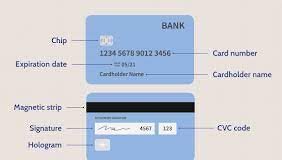The major reason credit cards try to solicit you with welcome bonuses, rewards and travel perks is to improve their chances of collecting credit card interest. Credit card interest, otherwise known as an APR, or annual percentage rate, can easily add up to be more than late fees and annual fees combined. As a cardholder, it’s in your best interest to avoid credit card interest — especially as interest rates rise as the Fed battles inflation throughout this year.
Credit card issuers charge interest on any balance that’s not paid in full by the end of your statement cycle. The average credit card interest rate is approximately 19% according to survey data collected by Bankrate, CNET’s sister site.
Though some credit cards feature lower interest rates, and other come with a promotional 0% APR period, you can avoid racking up interest charges with any credit card as long as you don’t carry a balance. Here’s a breakdown of how credit card interest works — and how you can avoid it.
How credit card interest works
Interest will be charged on any balance left on your credit card past the payment due date. You can multiply the balance by the APR to see how much interest you would owe on that balance over the course of a year.
Let’s say you made an emergency purchase for $3,000 on your credit card. To avoid paying the late fee, which can leave a blemish on your credit score, you make the mandatory minimum payment. Let’s assume — as is the case with many credit cards — that the minimum payment is equal to 2% of your balance, and the APR is an average 18.68%.
In the table below, we see how making only the minimum payment mitigates your ability to chip away at your balance over time. By making only the minimum payment each month, the interest accruing on the remaining balance eats up roughly 75% of your monthly payment.








